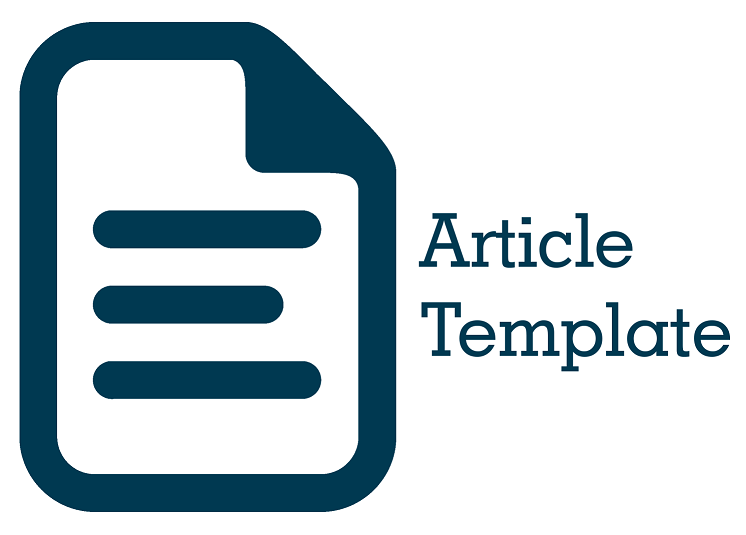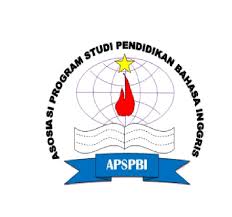Unpacking Writing Assessment Tasks for Junior High School Students: A Comprehensive Analysis
DOI:
https://doi.org/10.22515/elereviews.v3i1.6979Keywords:
analysis, assessment tasks, writingAbstract
This research addresses the issue of using course books as the sole source for writing assessment tasks in junior high schools without considering students’ diverse learning needs and capabilities. The study aims to identify and describe the assessment tasks employed by teachers to evaluate the writing skills of junior high school students and investigate students’ perceptions of these tasks. A descriptive qualitative method was used, focusing on MTs Hidayatullah Bahaur in Central Kalimantan as the research setting. Two English teachers and ten students of Class VIII from MTs Hidayatullah Bahaur participated in the study. The data collection techniques included observation, interviews, and documentation. The findings reveal that the English teachers primarily used two categories of assessment tasks: imitative writing, encompassing handwriting, spelling, and punctuation tasks, and intensive writing, which involved grammatical transformation, picture cues, vocabulary assessment, ordering, short-answer, and sentence-completion tasks. Furthermore, interviews with student representatives indicated that the overall quality of the assessment tasks was satisfactory. However, students emphasized the importance of teachers actively explaining the task requirements, as understanding the tasks was crucial for successful completion. Consequently, this study highlights the significance of well-designed assessment tasks accompanied by clear explanations to ensure students’ comprehension and accurate task execution.
Downloads
References
Alfahad, R. M. (2021). Gamifying the CREW: Effects of collaborative responsive writing using gamification, in interactive web-based e-books, on L2 international students’ motivation and academic vocabulary achievement. [Doctoral Dissertation, University of South Florida].
Basrowi, & Suwandi. (2008). Memahami penelitian kualitatif. Rineka Cipta.
Brown, H. D., & Abeywickrama, P. (2018). Language assessment: Principles and classroom practices (3rd ed.). Pearson Education.
Brown, H. D., & Lee, H. (2015). Teaching by principles: An interactive approach to language pedagogy (4th ed.). Pearson Education.
Creswell, J. W., & Creswell, J. D. (2018). Research design: Qualitative, quantitative, and mixed methods approaches (5th ed.). SAGE Publications.
Fatimah, F., & Yusuf, F. N. (2019). Assessment for learning impacts on students’ responsive writing skills. Eleventh Conference on Applied Linguistics (CONAPLIN 2018) (pp. 430-435). Atlantis Press.
Gibson, J. J. (1966). The senses considered as perceptual systems. Houghton Mifflin.
Gregory, R. L. (1970). The intelligent eye. Weidenfeld and Nicolson.
Hafiz, H. S., Hakim, M. I., & Harun, M. A. (2021). The effectiveness of portofolio assessment in English writing skill of islamic junior high school. Journal of Research and Educational Research Evaluation, 10(1), 28-36.
Harmer, J. (2015). The practice of English language teaching (5th ed.). Pearson Education Limited.
Ketabi, S. (2015). Different methods of assessing writing among EFL teachers in Iran. International Journal of Research Studies in Language Learning, 5(2), 3-15.
Miftah, M. Z. (2015). Enhancing writing skill through writing process approach. Journal on English as a Foreign Language, 5(1), 9-24.
Miles, M. B., Huberman, A. M., & Saldaña, J. (2014). Qualitative data analysis: A methods sourcebook (3rd ed.). SAGE Publications.
Nunan, D. (2004). Task-based language teaching. Cambridge University Press.
Pham, V. P. H., & Vy, N. (2022). The effects of extensive journal writing on the Vietnamese high-school students’ writing accuracy and fluency. Journal of Language and Education, 8(1), 116-129.
Rahmawati, D., Yanto, E. S., & Ahmad, Y. B. (2021). Pre-service EFL teachers’ perception towards formative assessment in writing skill during covid-19 pandemic: The case of Indonesia. LINGUISTIK: Jurnal Bahasa dan Sastra, 6(2), 412-419.
Richards, J. C. (2014). The ELT textbook. In S. Garton, & K. Graves (Eds.), International Perspectives on Materials in ELT. Palgrave Macmillan.
Sahyoni. (2021). Designing authentic assessment model for writing skill at junior high school students. Journal of English Education and Linguistics, 2(1), 50-59.
Sheerah, H. A. H., Yadav, M. S., Allah, M. A. E. F., & Abdin, G. J. (2022). Exploring teachers and students’ perceptions towards emergency online learning intensive English writing course during covid-19 pandemic. Arab World English Journal (AWEJ), 2nd Special Issue on Covid 19 Challenges, 64-84.
Sung, K. (2021). EFL undergraduate and graduate learners’ views on a writing intensive online subject matter course. Journal of Asia TEFL, 18(2), 520.
Wen-Cheng, W., Chien-Hung, L., & Chung-Chieh, L. (2011). Thinking of the textbook in the ESL/EFL classroom. English Language Teaching, 4(2), 91-96.
Downloads
Published
How to Cite
Issue
Section
Citation Check
License
Copyright (c) 2023 Hidayah Nor, Saadillah, Nada Afifi

This work is licensed under a Creative Commons Attribution-NonCommercial 4.0 International License.
Authors retain copyright and grant the journal right of first publication with the work simultaneously licensed under a Creative Commons Attribution License that allows others to share the work with an acknowledgement of the work's authorship and initial publication in this journal.
This ejournal system and its contents are licensed under
a Creative Commons Attribution-NonCommercial 4.0 International License








